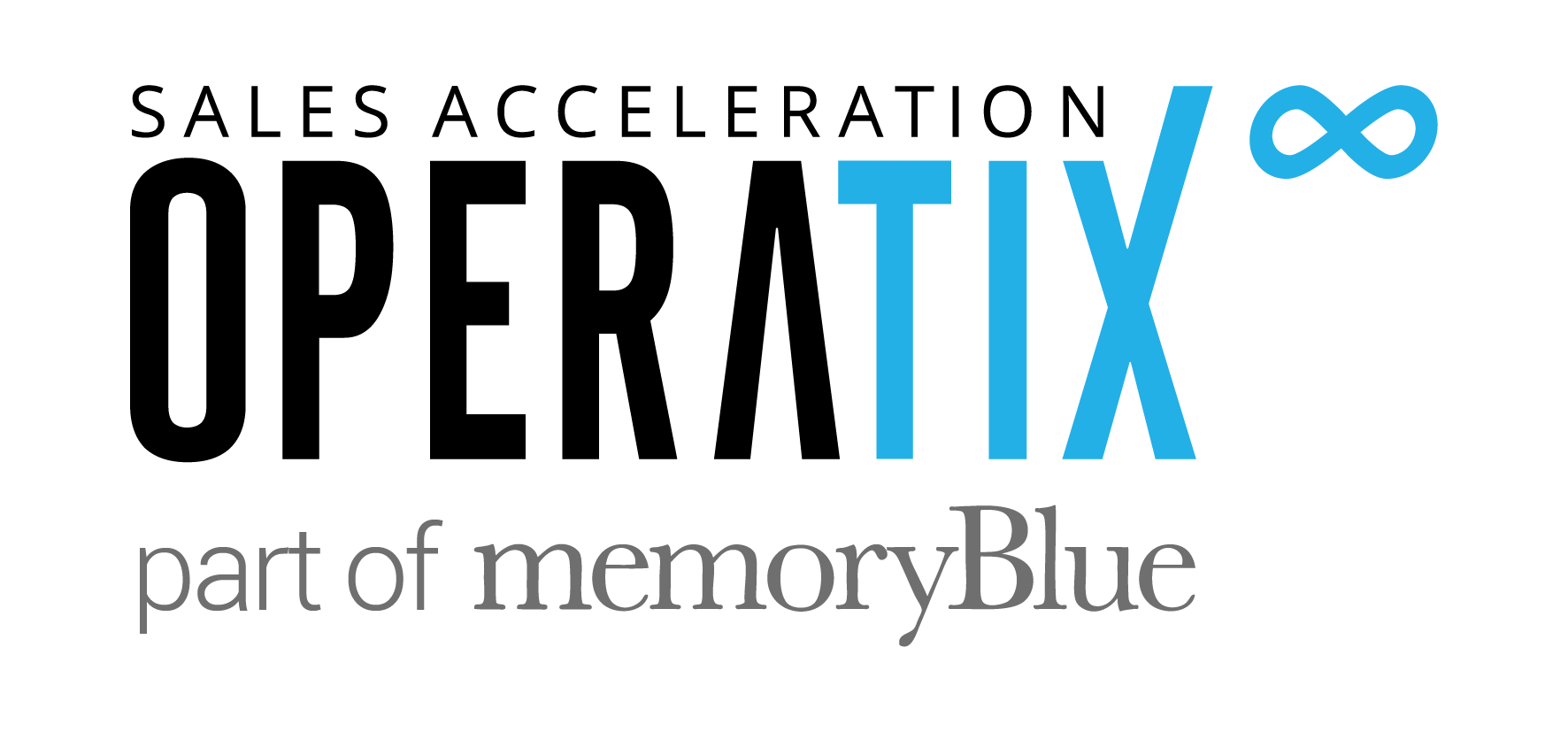If you’re a B2B marketer, you should have a strong content strategy. Because we all know that strong content can generate inbound leads, support brand building, ensure thought leadership, and so on. That’s all somewhat … common knowledge.
But here’s what’s uncommon: an effective content strategy..
So, how do you execute an effective content marketing, and avoid mistakes with your strategy?
First, you ask a pro, like Colin Campbell.
He’s the Director of Marketing at Sales Hacker, where they have 135,000 members inside of their B2B sales community. They run a podcast, they deliver 2 free webinars a week, and they release loads of other content to benefit B2B sales professionals across the globe. Colin is right in the thick of an effective content marketing strategy.
Here’s 3 mistakes he tries to avoid (but he sees plenty of other content marketers making):
1) Forgetting to start with the user
Many content marketers start with their strategy, their product, or what they want to say. Often, they forget to consider the end user at all. But, even when they do consider the user, they usually first think, “How can I get more leads?” or “How can I look like a thought leader?” Then, they ask themselves, “Now, how did this content help the user?” (If you started thinking about yourself first, the answer is probably: “That content didn’t help very much.”)


1 thing everybody misses is to consider the goal of the user first.
Colin Campbell – Director of Marketing at Sales Hacker
Even Ogilvy, the father of advertising, created what we would now call “content marketing” for many of his advertisements. He would pull out an entire page ad and discuss how to help readers with a problem he knew they were experiencing. Toward the end, the reader may find something like, “If you need more help with this issue, here’s this product that helps even more.”
Care about how your audience feels
To combat the self-focused pitfall of content, focus on how your audience feels.The company that really nails this is Drift. They understand that the connection to the audience is as important as the content itself.
People may not remember what your content tells them, but, hopefully, they will feel curious, interested, or confident after consuming your content. That’s the goal.
2) Believing you have to do everything to start anything
Here’s a mistake many marketers make in their strategy: They believe they have to use every available medium to produce content. You don’t. You simply need to find a medium that helps you connect with your audience.
Here’s 2 pieces of advice to consider when choosing a medium (video, blog, podcast, social media, etc.):
Your industry may help determine what medium to use
Here at Operatix, we work with B2B sales professionals, who learn by sharing war stories and best practices. The problem is that rarely do these B2B sales professionals get together. So, we found that a podcast is especially helpful in our industry of B2B sales individuals.


You can’t be better if you aren’t different.
Colin Campbell – Director of Marketing at Sales Hacker
Find the content gaps within your competitors
Here’s a pro tip when trying to find out what type of content you should be creating: Find what your competitors are not doing well.
Literally make a grid with the different content from a variety of mediums of your competitors. Then, rate the content from 1 to 5, and look for gaps.
Does no one have a good YouTube channel? Does no competitor have a sought-after blog?
(Again, ensure that your audience actually uses the medium you ultimately decide to go with.)
The point is: Nearly any medium can work, if you identify the gaps.
3) Asking ‘which piece of content drove traffic?’
Many content marketers focus on an isolated piece of content and attempt to determine whether it’s driving traffic. That’s a trap. Content marketing works together for an overall connection to your audience — isolating one piece of content and determining its effectiveness is difficult to do.
A better litmus test for content marketers: Are we growing?
The reality is, if you’re overall content marketing strategy is creating new business, your plan was successful. So, commit to a strategy for a year, and if your business is growing faster this year than it was last year, then you’re successful. If it isn’t growing faster, your content strategy may be part of the problem.
Test. Then test again
Test everything, and never rest on yesterday’s successes. The instant you find the right way to do something, someone else is going to disrupt you by leaning into a new idea.
This is an interview with Colin Campbell from Sales Hacker.
To hear this interview, and many more like it, you can subscribe to The B2B Revenue Acceleration Podcast on Apple Podcasts, on Spotify, or on our website.





